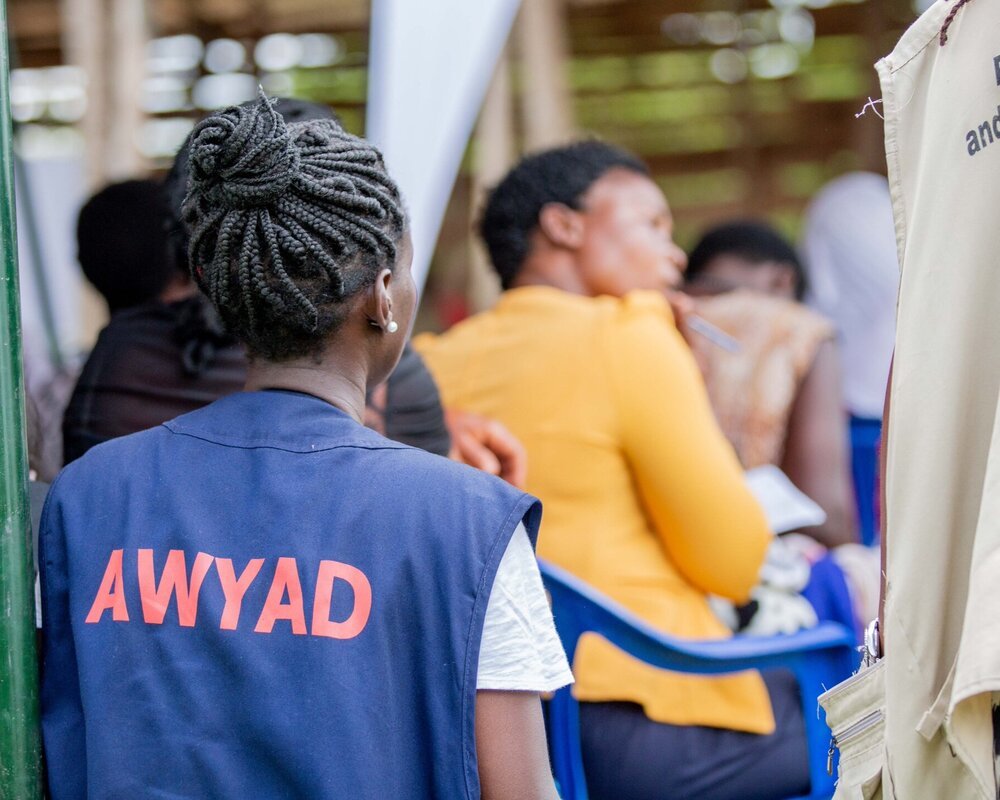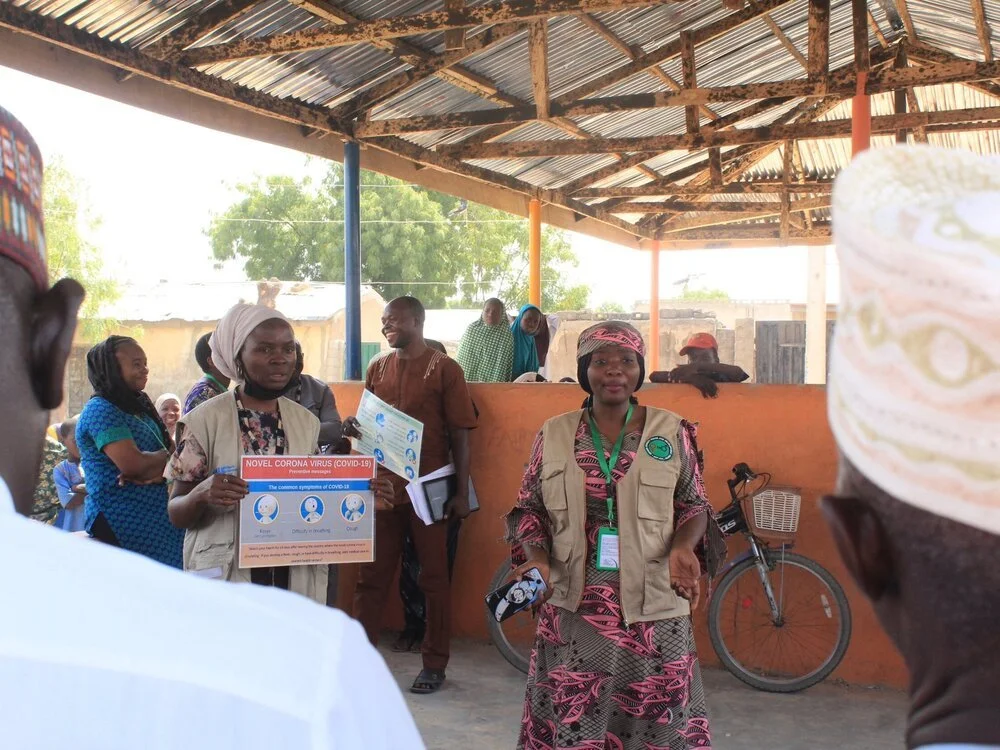OUR APPROACH
National NGOs and community organizations are at the frontline of development. They are often first on the scene in a crisis and the last to leave. They can access tough areas and hard-to-reach populations and are usually staffed by those same communities.
Local actors are connected to what affected people need, and understand what responses will or won’t work, and why. Local organizations offer better access to affected children than their international counterparts, and their knowledge of the local context is essential for making decisions on what to do and how to help, and ensures that interventions are appropriate and relevant to their needs. However, a lack of investment in local level organizations leads to their underuse, which in turn leaves them fragile and can lessen their impact.
Street Child sees supporting local organizations and leveraging local expertise as essential to effective, efficient interventions, and to enabling sustainable and longer-term impact. This approach is central to Street Child’s strategy.
The approach to local inclusion
The COVID-19 crisis has changed the way the world works. Despite significant constraints, these challenging circumstances are also creating important opportunities for the aid sector to shift towards local level action.
We passionately believe in the power of local people and organizations to make the most important contributions to the challenges affecting their own lives and communities. We are specifically invested in developing the capacity of local partners across all the programs we deliver, and are committed to coordinated action with national governments, international agencies and in particular local civil society organizations. We always prioritize partnering with local organizations and building locally-rooted, sustainable solutions.
Street Child understands that to make a change to the humanitarian and development aid sectors we need to empower local organizations to influence and advocate against the status quo. We work in close collaboration with leading agencies, leveraging our experience and expertise to issue global guidance on working with local level organizations, and are currently delivering several initiatives that focus on accelerating the impact of local organizations:
USAID: Elevating Local Leadership in Emergencies
This two-year contract with USAID launched in January 2023 and involves working across 30+ humanitarian settings by the end of 2024. The program has four goals:
Strengthening the capacity of local level organizations to be involved in and lead international humanitarian response mechanisms and groups, such as the UN clusters.
Strengthening the capacity of cluster coordination systems to include local actors and increase local level leadership.
Increasing access to funding for local actors.
Generate evidence of effective, efficient approaches to accelerate localization in the humanitarian architecture.
UN Clusters
Street Child also leads on localization for the Global Education Cluster and Global Protection Cluster; this includes an active partnership with the Global Education Cluster Localization Task Force.
Other agencies and partnerships
We are active members of the Global Partnership for Education and International Network for Education in Emergencies, are a signatory to the Charter 4 Change (which commits us to a set of principles to guide the way we partner with local organizations) and in 2021 we led a local action initiative for the Education Cannot Wait global secretariat, which provided an opportunity to roll out our partnership approach on a global scale. This initiative has increased the involvement of local actors in the in the humanitarian sector and has driven innovative approaches to increasing funding flows to local organizations, which helps to build the evidence to guide the sector.
We know that we cannot make sustainable change happen on our own, so we work hard to multiply our impact through partnerships, training and knowledge sharing, leading by example and leveraging key strategic relationships with those who have local reach and can impact long term change.
SUPPORTING LOCAL PARTNERS’ DEVELOPMENT
Since Street Child was founded in 2008 we have not only worked in partnership with local actors to implement our programs but we have actively supported them to grow. Local agencies often struggle to access international funding opportunities, for reasons including a lack of trust among donors and reduced capacity of local NGOs to prepare funding applications. A core element of our work with local agencies is to support them to access these opportunities, by making introductions to funders, providing writing support, or acting as an intermediary for donors who do not give internationally, winning funding on their behalf and passing it on.
We have can also provide both ‘surge support’ to help partners catch up with growth, and capacity development support to intentionally train partners in areas they request, from strategy to finance or fundraising.



